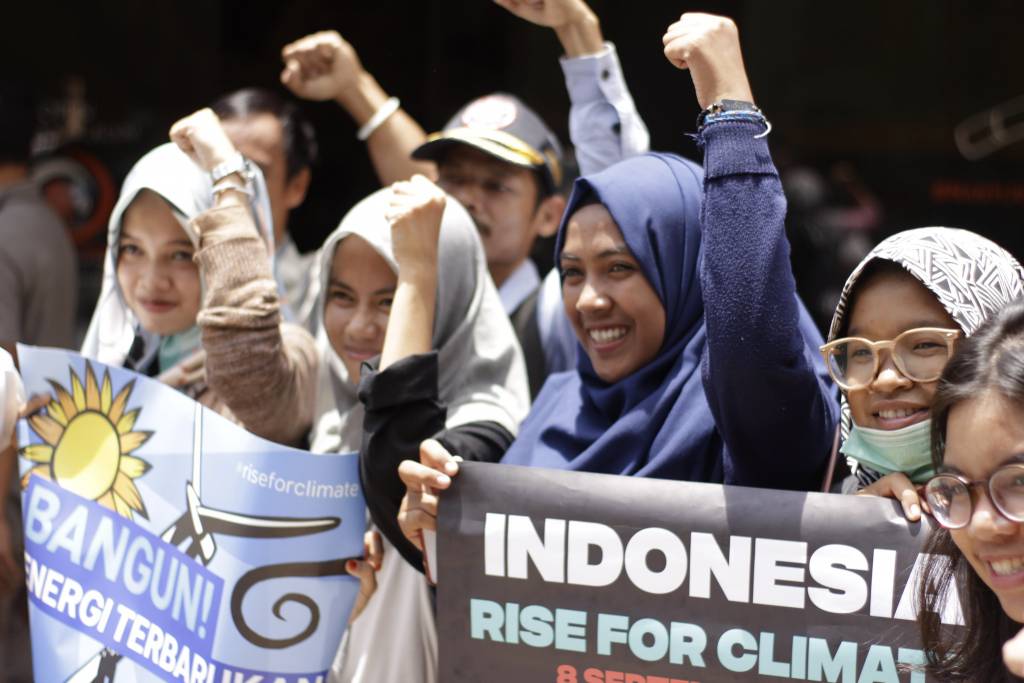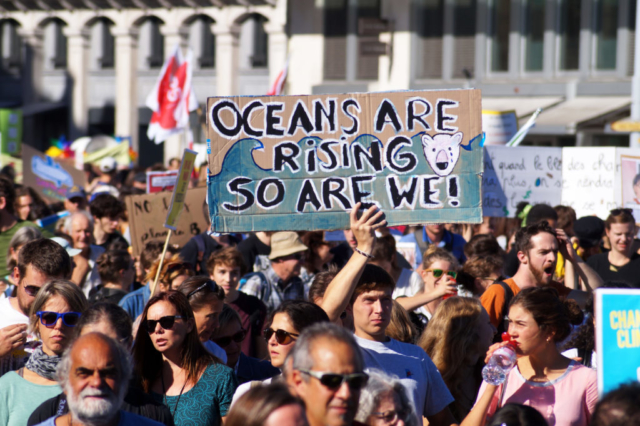Today marks the first day of the holy month of Ramadan, during which time an estimated 1.8 billion people (approximately 24% of the world’s population) will be fasting from dawn till dusk.
Ramadan is the month that the Qur’an was first sent down. Therefore, each year Muslims remember the month by fasting, remembering God (Allah) and recommitting to following the dictates of Allah as delineated in the Qur’an and Hadiths (sayings of prophet Muhammad PBUH).
This is a month focused on fasting and prayer, a chance to step back from daily habits and to reflect and reconnect with a higher purpose for spiritual growth in pursuit of a more balanced life. With that in mind, this month provides the chance to reflect and re-examine the current state of our relationship with the natural world and each other, and the way in which, sadly, we have veered terribly off track to living in balance.
Since the Paris agreement was signed in December 2015, a report from the Intergovernmental Panel on Climate Change (IPCC)in October 2018 laid bare the undeniable truth. That we need to take urgent and rapid steps to keep to a 1.5 degree temperature rise, in a world where threats of climate change have become even more clear. This week, with the release of the Intergovernmental Science-Policy Platform on Biodiversity and Ecosystem Services (IPBES), its findings show us that we are in a ‘natural and human emergency’ and that climate change is already affecting nature in many parts of the world and causing biodiversity loss. Our planet is warming, our sea levels are rising, our countries are being hit by devastating cyclones. We are on the precipice of seeing the eradication of nearly 40% of insect species.

Climate impacts continue to take us into uncharted territory in terms of floods, forest fires, heatwaves, storms and drought. 2018 was the 4th hottest year in recorded history, the polar ice sheets experience dire impacts, and superstorms continue to ravage communities across the planet.
The threat from climate change has never been more real and more present, adding urgency for climate action. And we know what needs to be done: keep fossil fuels in the ground and commit to a just and fair transition to 100 % renewable energy for all. We urgently need to halt any new fossil fuels projects and phase out existing projects in order to stabilise greenhouse gas concentrations in the atmosphere. Exactly in line with what the IPCC report says is needed: limiting warming to 1.5 degrees Celsius above pre-industrial levels will mean “rapid and far-reaching” transitions in energy sources, infrastructure, industry, and transportation. It means cutting carbon emissions by 45% from 2010 levels in the next decade or so.
Where we are seeing climate action and leadership is in many communities worldwide, rising to lead the transition away from fossil fuels. Right now we are living in a unique moment of an unprecedented rising of global movements demanding climate action.
Across the globe, action on climate change is accelerating at a tremendous pace; from Extinction Rebellion’s week long blockade of London, to calls for the Green New Deal ricocheting across the globe from the US to Spain. From the increasing number of towns and countries declaring a climate emergency to the tremendous successes of the divestment movement in withdrawing the social license of the fossil fuel industry.
Whether or not someone is a Muslim fasting for Ramadan, this month is an opportunity for us to be together, and an invitation to focus on reflection and spiritual growth, a commitment to better the world we live in through resilience and unity across communities as we continue our fight against climate change. We need to fight climate change together and now is the time, before losing everything worth fighting for.

Photo credit: Jean-Jacques Kissling